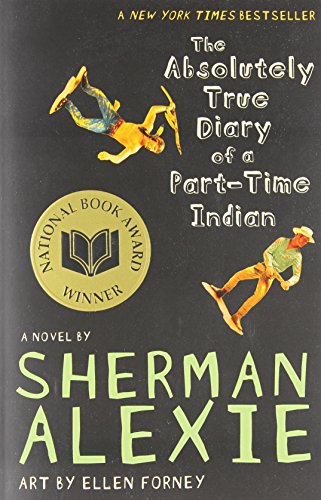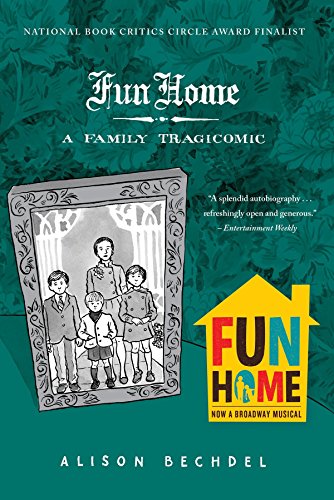"It's terrible, / getting what you want, / because that's when you know you'll always want / something different" confesses the speaker in Cradling...
Read more
Monsoons with a fabulously poignant bravado that keeps the reader tractor-beamed in thrall and enthralled within the light of these smart, funny, heartbreakingly gorgeous poems. Opening with a poem about a father who "cut down his family tree / to build a bridge from Kokomo to San Francisco that's still burning," the speaker in Sarah McKinstry-Brown's poems conversely puts down roots and stays for the birth of a first child whose arrival sets the city of everything she knew before on fire. Curbing her own impulses for wanderlust and fire-starting, she instead stands squarely within the blaze that is motherhood and family-that cycle of immolation, flame, ash, and rekindling-in poems that gracefully shape shift between the different, conflicting identities contemporary women embody: daughter, lover, mother, artist. These poems make art from life, and reveal the making and living of life as an art of terrible power and tenderness. These poems are pure muscle, fierce heart. -Lee Ann Roripaugh, Author of On the Cusp of a Dangerous Year The poems in this stunning first collection are "accessible" in the best sense of that word, in the sense that Stephen Dunn's, Dorianne Laux's, and Ted Kooser's are. The subjects come mostly from everyday life-Picture Day at school, a Folgers commercial, comfort food, December in Omaha, "the Tall, Blonde-haired, Blue-eyed, Smart, Talented Woman who Keeps Hitting on my Husband" -in which the poet discovers the extraordinary. The lines seem like intense conversation, but they are, at the same time, deeply engaging poetry that shows a mastery of sound and rhythm and a gift for creating fresh, radiant metaphors. I'm reminded of how great dancers and acrobats must learn to move in a way that looks natural and effortless. Or, as Pope put it, "True ease in writing comes from art, not chance,/As those move easiest who have learned to dance." Like our best poets, Sarah McKinstry Brown has learned. -William Trowbridge, Author of Ship of Fool
Hide more




